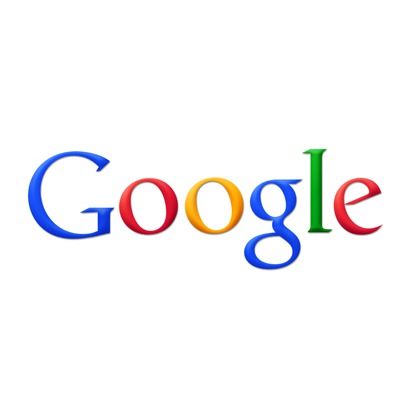Google to Court: We're No More Common Carriers Than Fox News
Asks it to dismiss Ohio suit seeking to declare search giant common carrier

The smarter way to stay on top of the multichannel video marketplace. Sign up below.
You are now subscribed
Your newsletter sign-up was successful
Google has asked an Ohio court to dismiss a suit filed by the state's attorney general that attempts to designate the company a common carrier. Instead, said Google, it is a publisher whose responses to user queries are "editorial decisions" protected by the First Amendment and that the state can't try to tell it what results it must display.
That distinguishes Google from social media giants arguing vociferously--in order to preserve their Sec. 230 immunity from civil liability over third-party content--that they are not publishers.
In seeking the dismissal, Google told a Delaware County (Ohio) civil (common pleas) court that the company does not bear even a passing resemblance to the definition a common carrier--an entity that transports goods or services--including telecommunications, water or electricity--for a fee.
Google said that the suit was being brought because "most Ohioans who seek information on the internet prefer to use Google rather than other internet search services." It said that is no more valid a reason under law than "to declare Fox News, the New York Times or Walmart a 'public utility' because most people in a particular town prefer to get their news or groceries from them instead of someone else."
Google said its search is not a public service, or a service of public concern, that it is not hired to carry content from one person to another, that there is nothing "common" about the information it presents and that the way it responds to queries is protected by the First Amendment.
"Like its numerous competitors, Google exercises its editorial discretion in Google search to provide users with information that Google believes will be responsive to the users' query. That service is not one that has ever been deemed the type of 'essential service' that Ohio or anyone else has regulated as a public utility--such as electricity, gas, water or garbage disposal."
Google also that for the state to try and tell it what search results it has to display is unconstitutional. "Courts have consistently held that constitutional protections apply to information provided by online services like Google and specifically safeguard Google's judgments about what information it chooses to present and how Google chooses to organize and display it."
Google points out that no Ohio court has ever deemed search to be an essential service that can be regulated as a public utility.
Back in June, Ohio Attorney General Dave Yost, a Republican, filed on behalf of the state what his office was billing as a "landmark" lawsuit to have Google declared a public utility so it can be held to nondiscriminatory access regulations when it comes to showing search results.
Also Read: No Free Regulatory Ride for Google, Others
The Ohio suit is not seeking any redress for Google's dominant market position, saying it is not arguing whether that is good or bad "in isolation." Instead, it is focused on "establishing that Google’s provision of internet search is properly classified as a common carrier and/or public utility under Ohio common law."
The suit references Supreme Court Justice Clarence Thomas' comment in writing on a First Amendment decision by the court. Thomas suggested that “there is a fair argument that some digital platforms are sufficiently akin to common carriers or places of accommodation to be regulated,” then used Google as an example of one whose dominance buttresses the analogy.
But Google counters that dominance can't justify the common carrier tag. "Ohio's complaint mistakenly assumes Google Search is a common carrier or public utility because Ohioans choose to use Google Search" rather than its competitors. "Under Ohio law," it said, "common carriers charge a fee to deliver a standardized services, and public utilities are regulated by a set of state regulations. Google has none of these attributes, and there is no basis in the law to conclude otherwise."
The smarter way to stay on top of the multichannel video marketplace. Sign up below.
Contributing editor John Eggerton has been an editor and/or writer on media regulation, legislation and policy for over four decades, including covering the FCC, FTC, Congress, the major media trade associations, and the federal courts. In addition to Multichannel News and Broadcasting + Cable, his work has appeared in Radio World, TV Technology, TV Fax, This Week in Consumer Electronics, Variety and the Encyclopedia Britannica.

